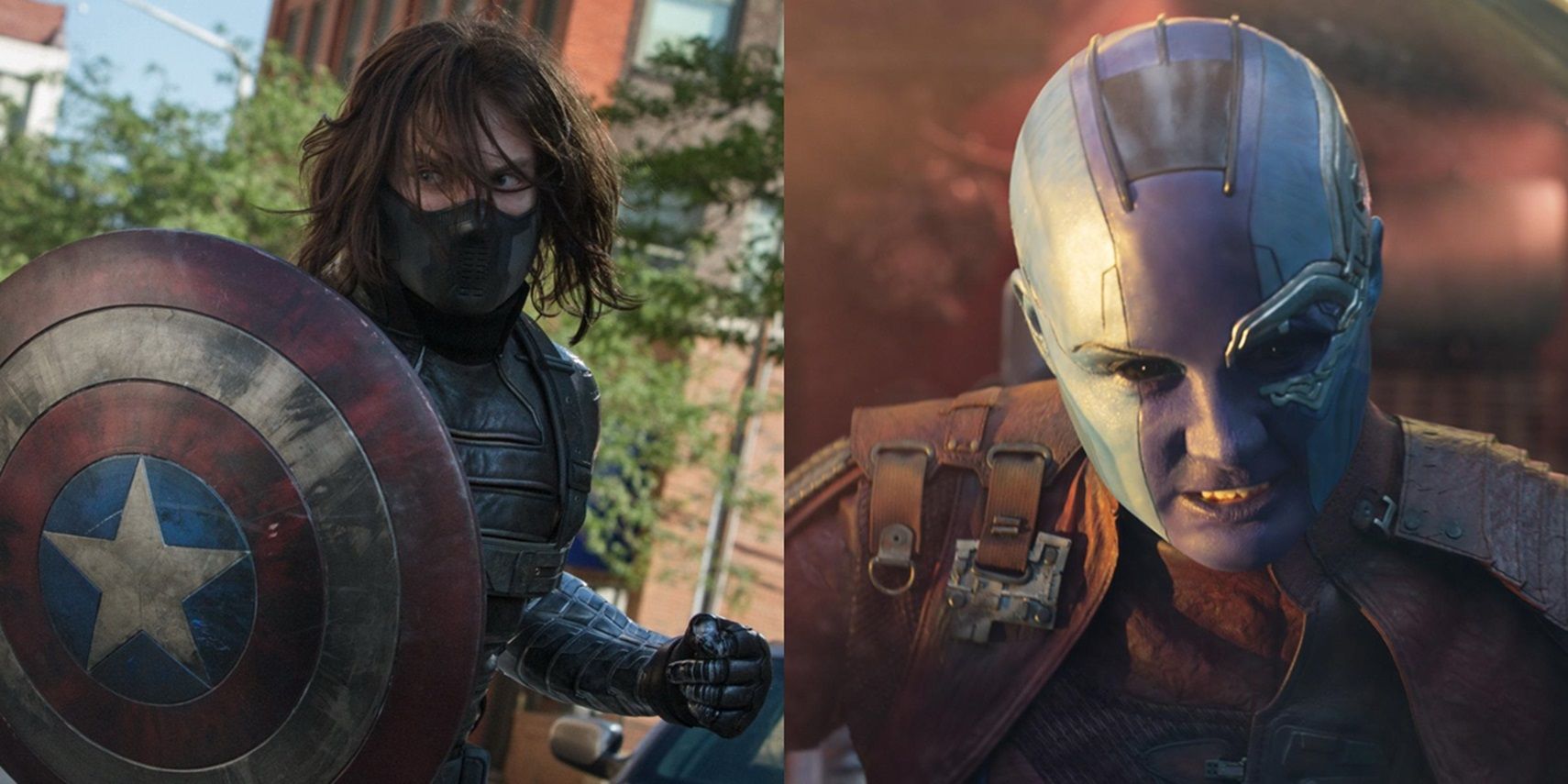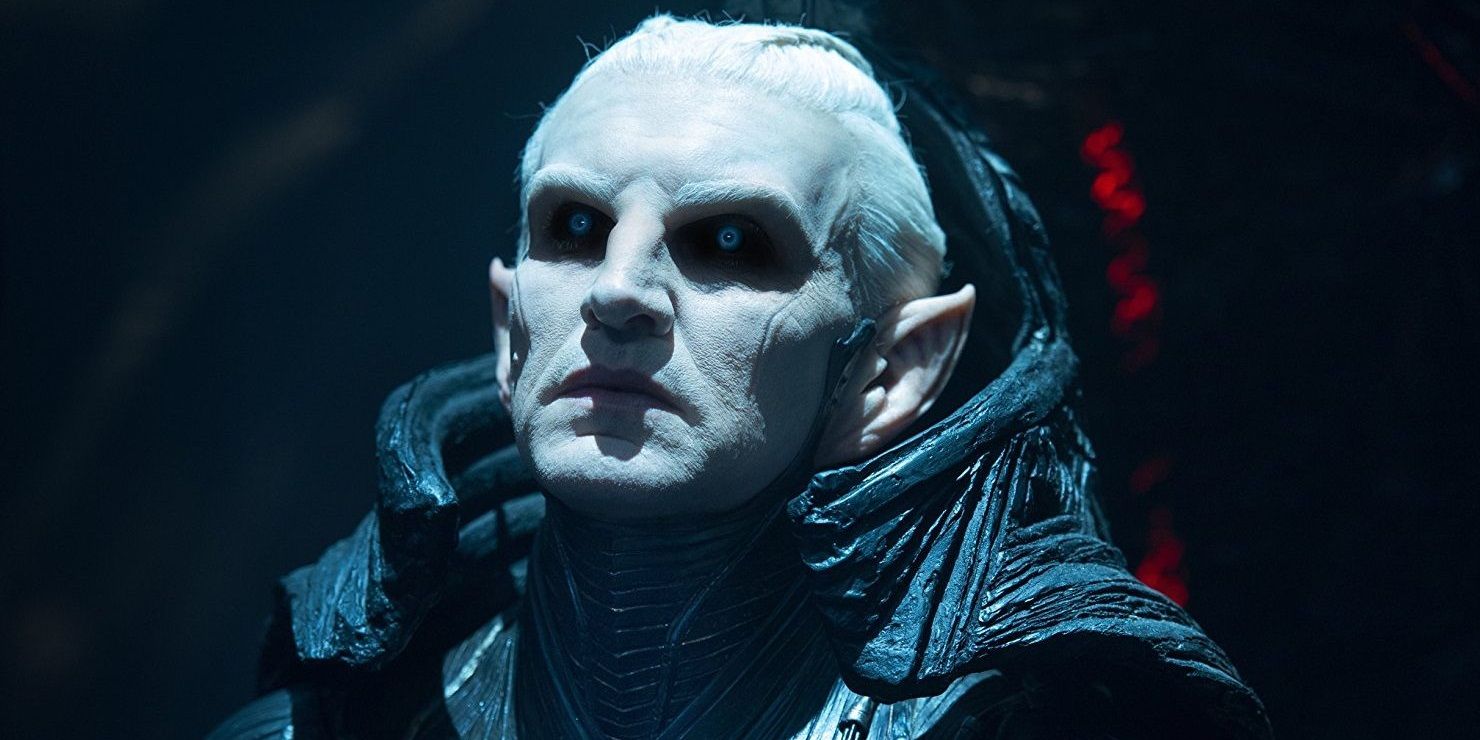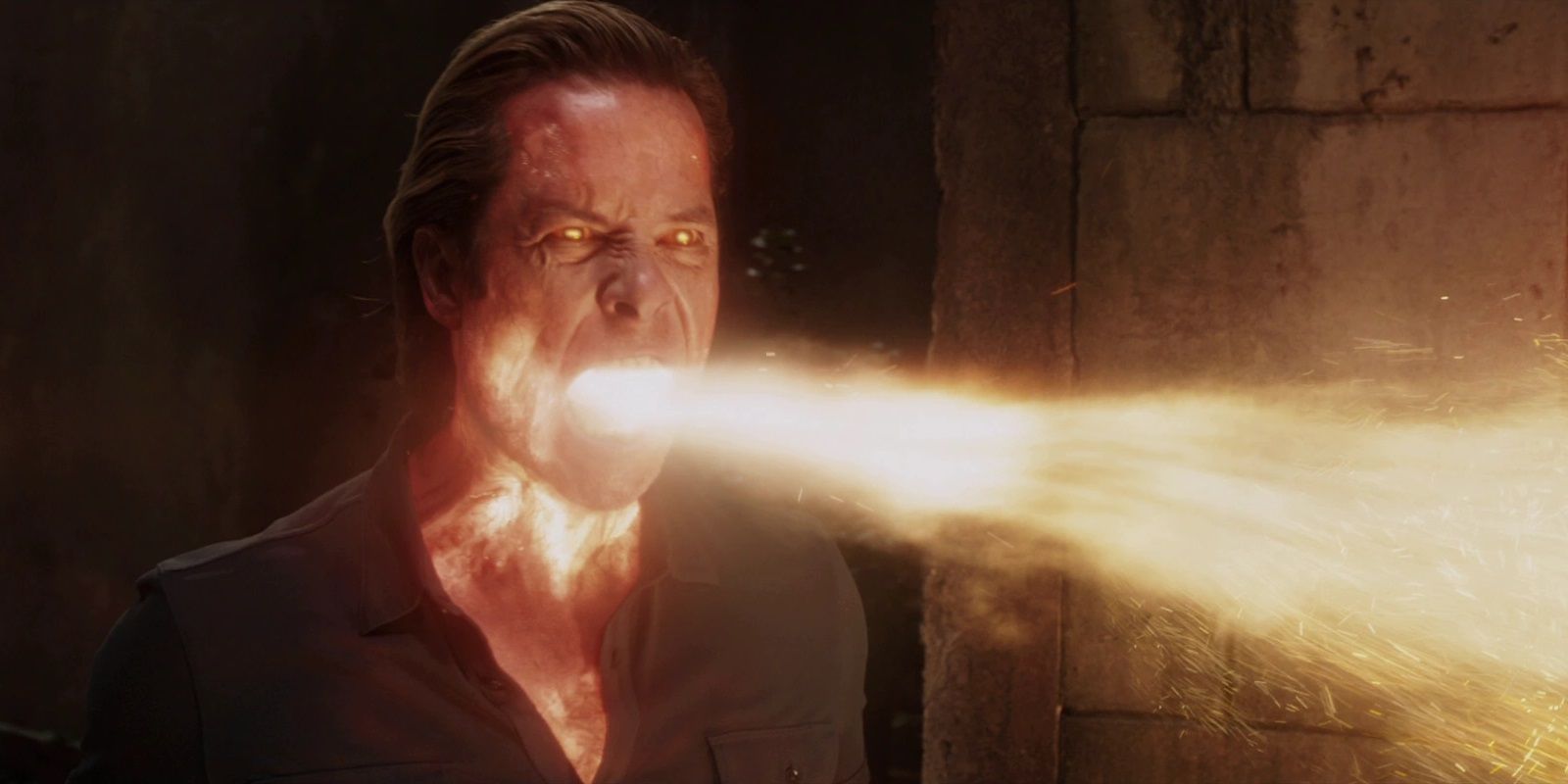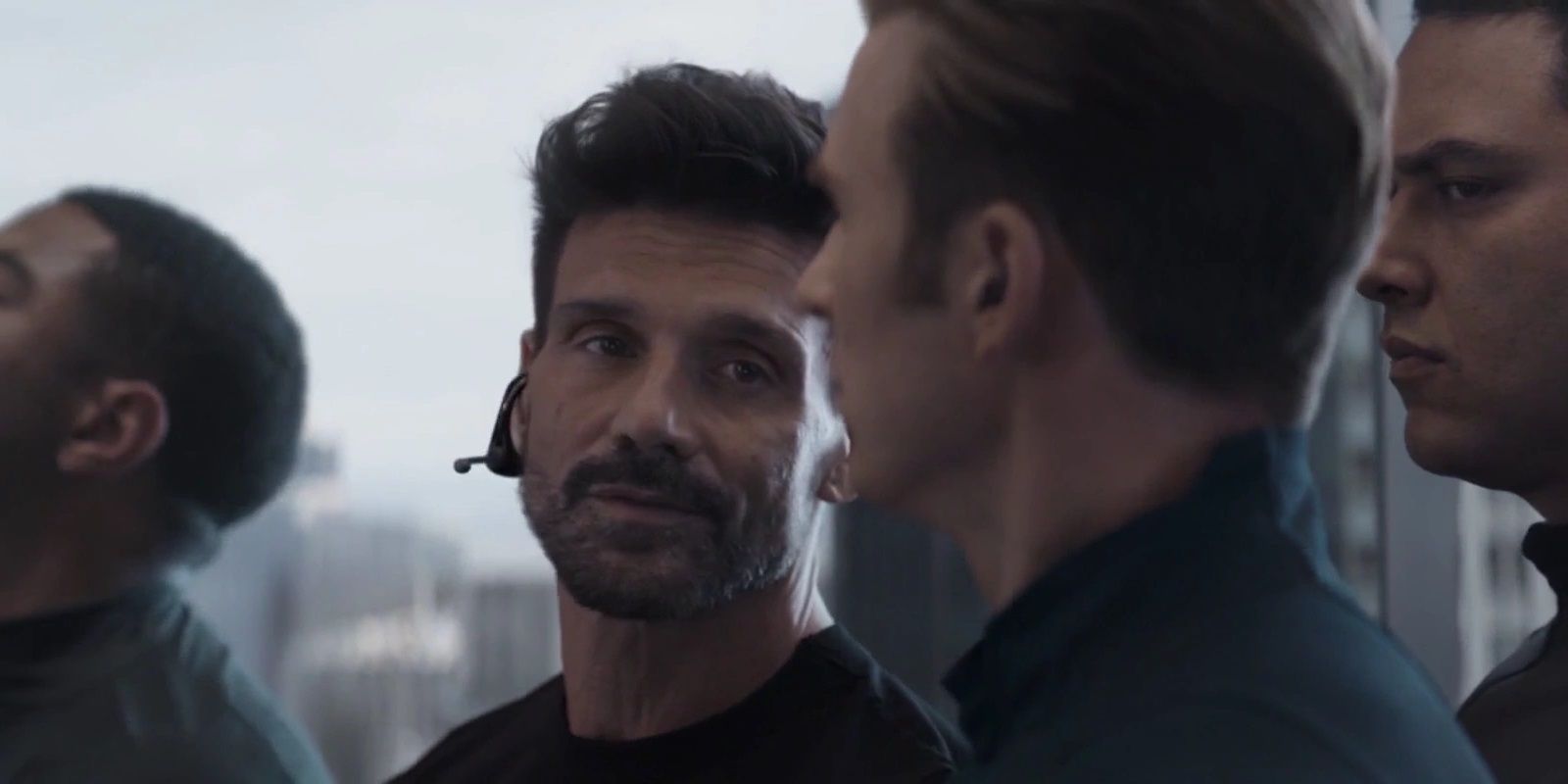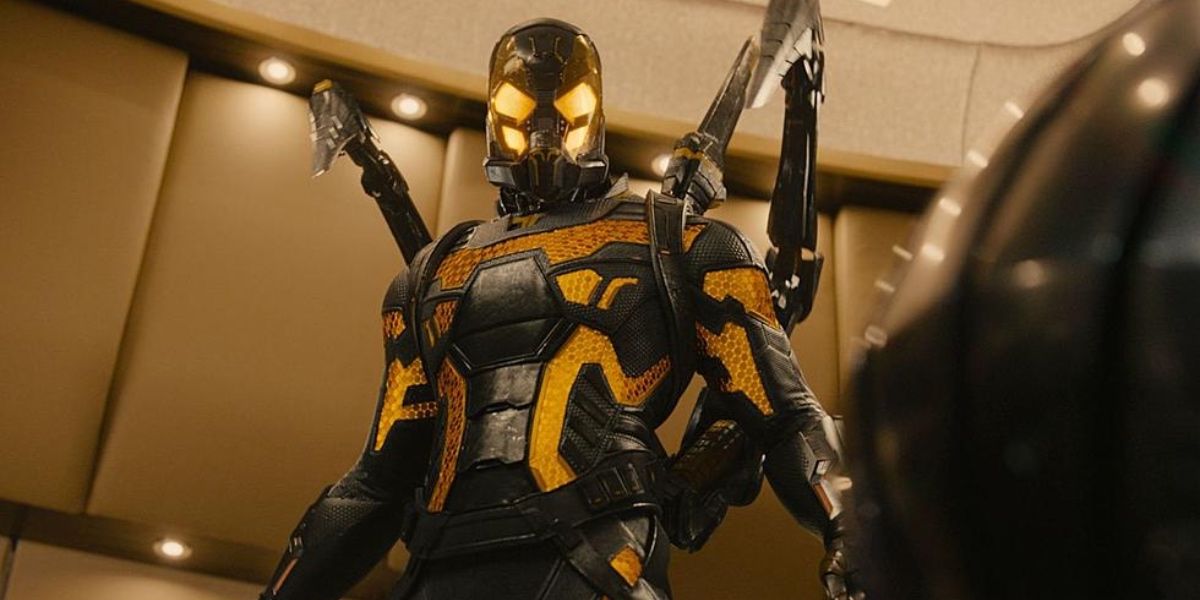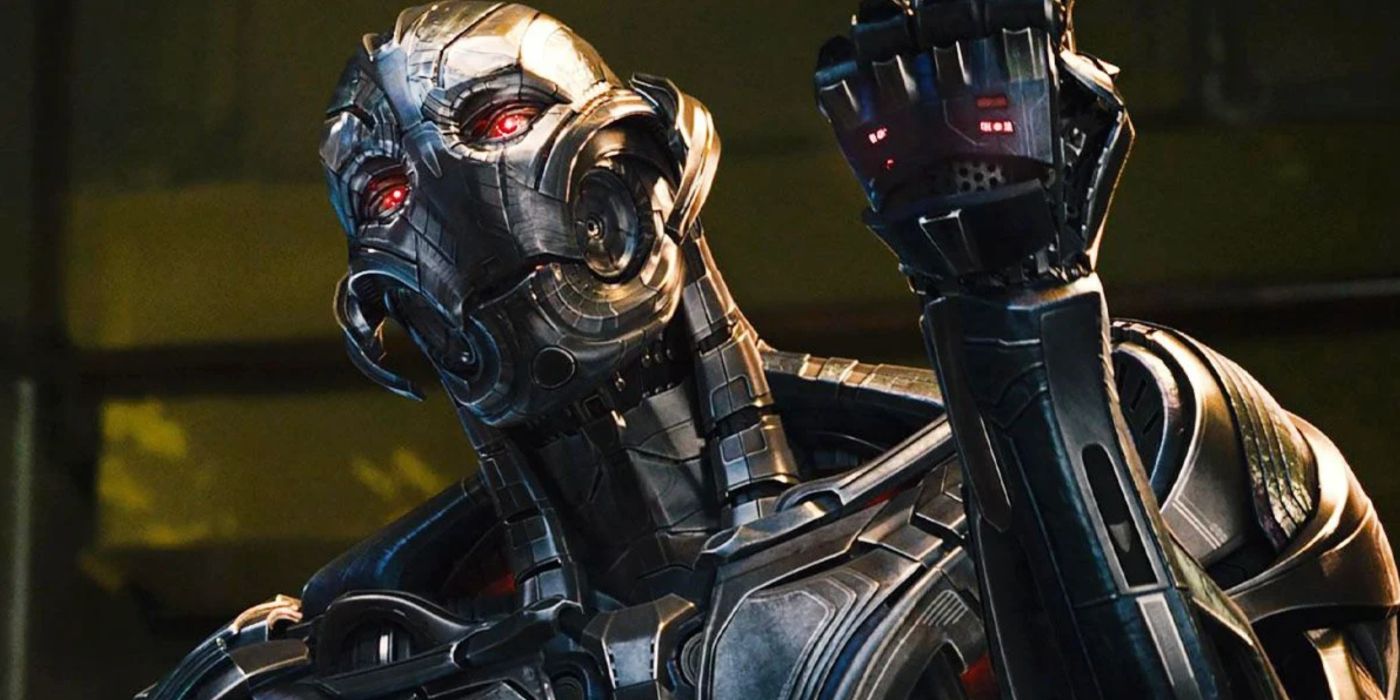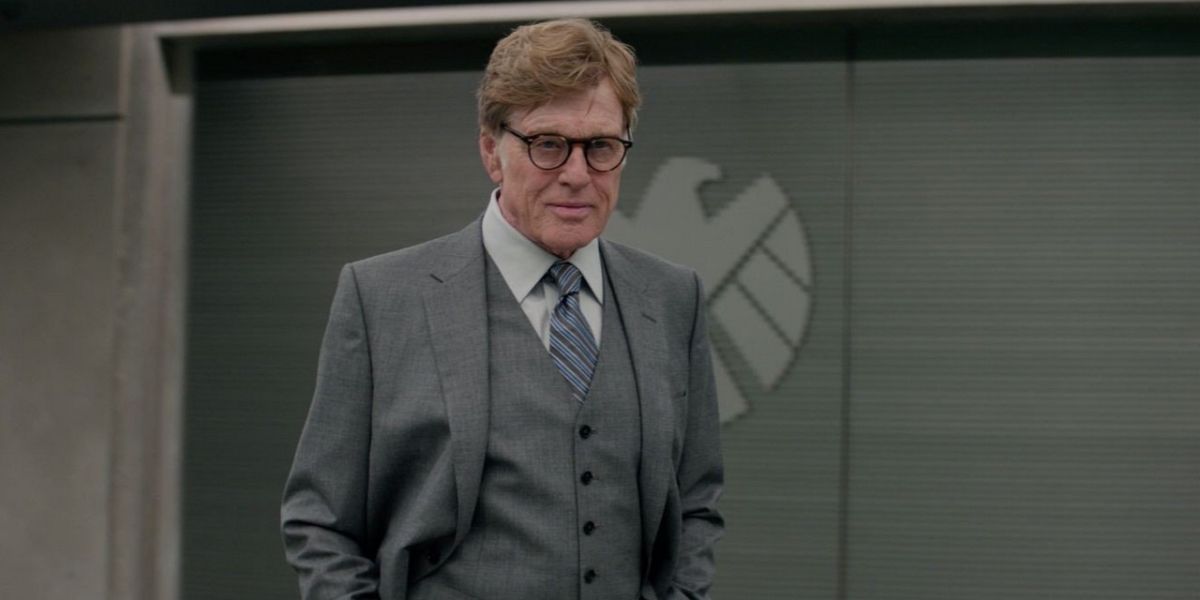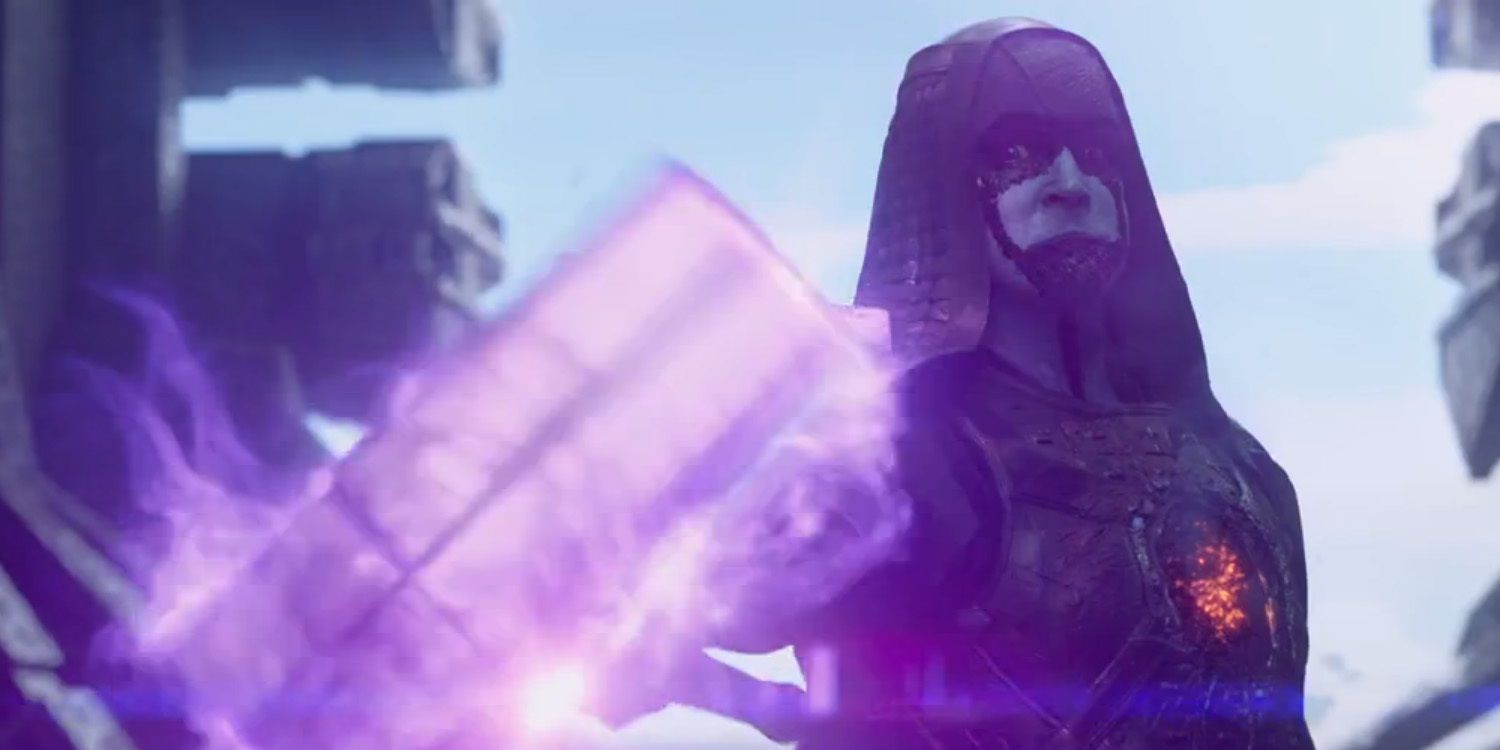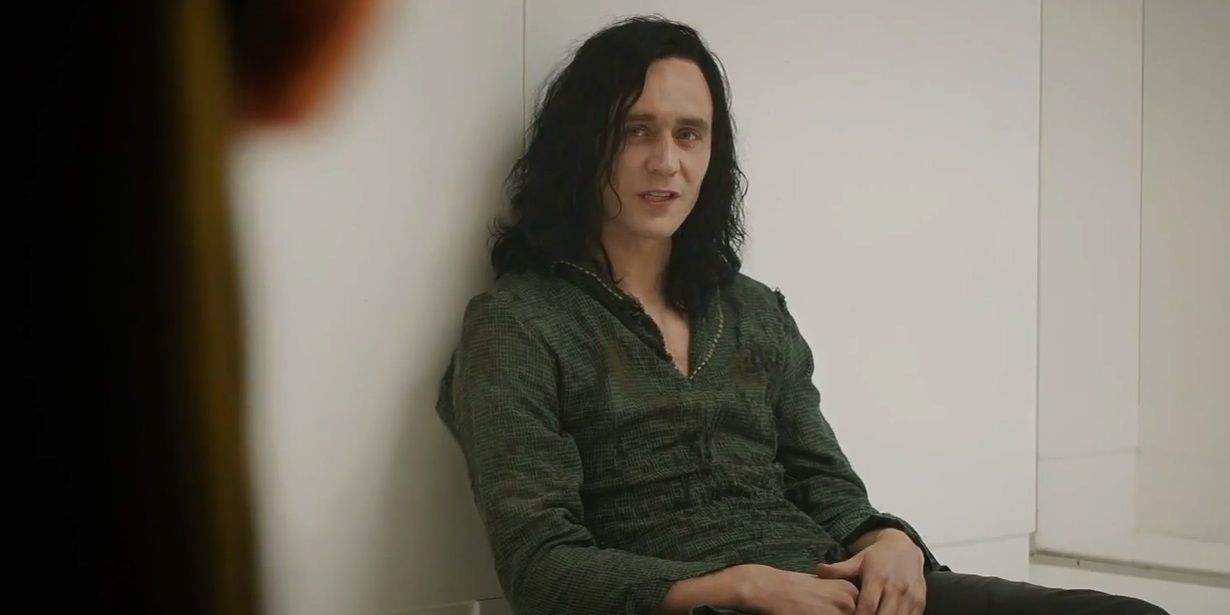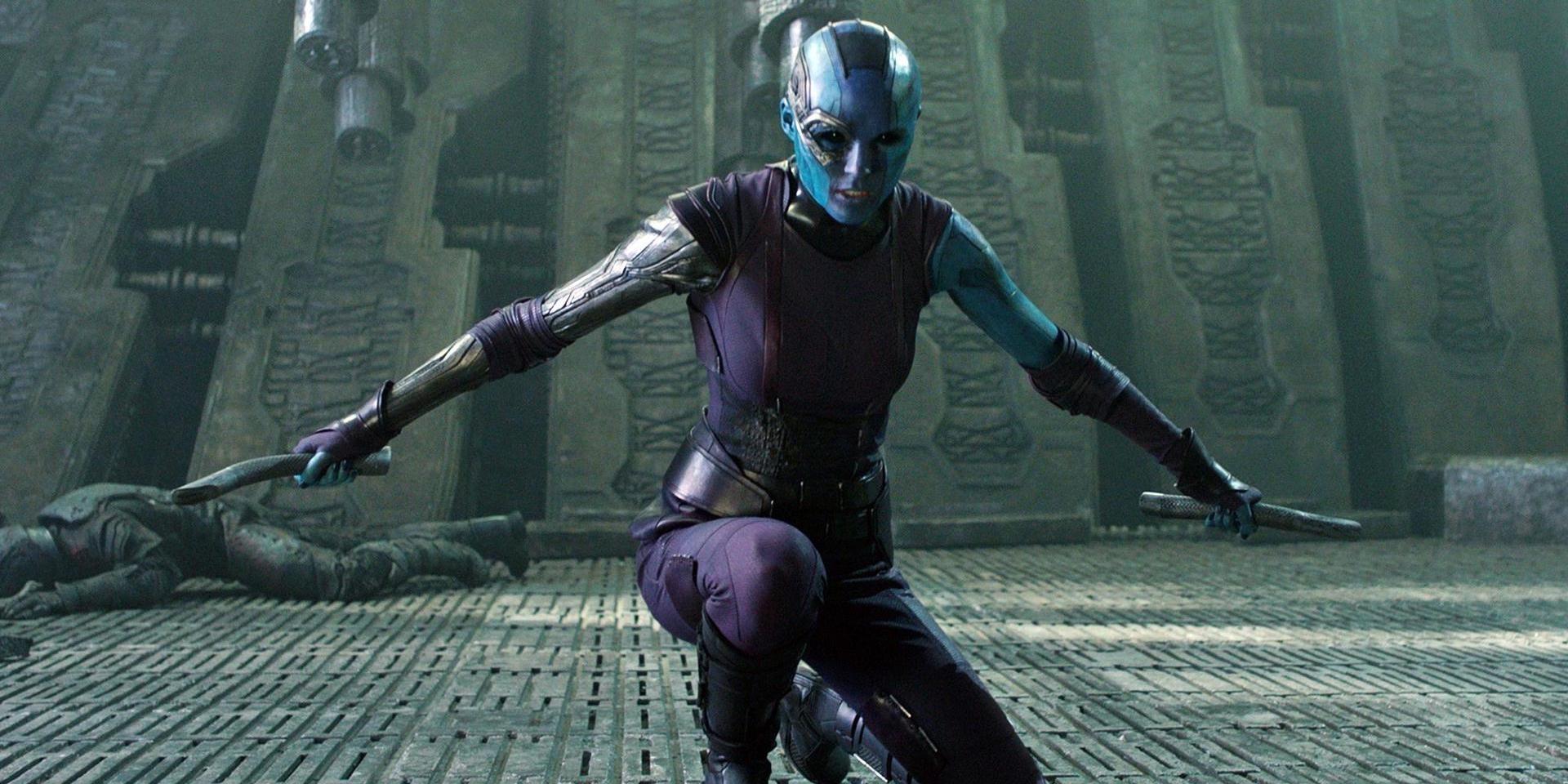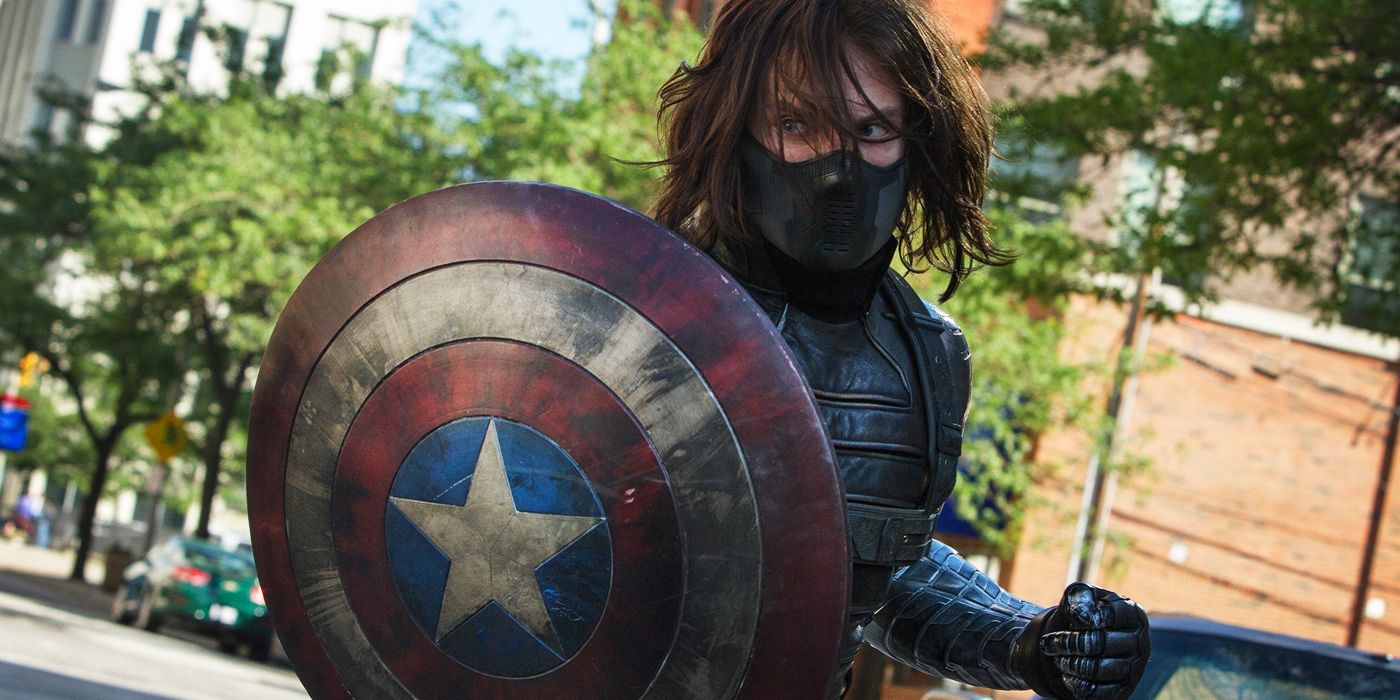The critical response to the MCU’s Phase Two was pretty up and down. Movies like Captain America: The Winter Soldier and Guardians of the Galaxy were widely acclaimed, but Iron Man 3 and Thor: The Dark World were met with a more mixed response.
This is when the franchise’s criticisms of a “villain problem” started to show up. The disappointment of Iron Man 3’s Mandarin twist had some Marvel fans losing faith in the series, but the other movies of Phase Two brought some great villains.
Malekith
Malekith from Thor: The Dark World has been described as one of the MCU’s most generic, one-dimensional villains, but the character is elevated by the great Christopher Eccleston’s performance.
The Dark Elves pose a tangible threat to the God of Thunder. Their attack on Asgard, which Heimdall singlehandedly tries to thwart, is a suitably thrilling set piece in which the stakes are high and the consequences (i.e. Frigga’s death) are permanent.
Aldrich Killian
Aldrich Killian, the villain of Iron Man 3 played by Guy Pearce, is yet another Tony Stark wannabe out for retribution. This made him the third such villain in a row to antagonize Iron Man, after Obadiah Stane and Justin Hammer.
What made Killian different is that Pearce played him as genuinely unhinged. Considering he wasn’t even supposed to be the film’s villain (according to Variety), Pearce did a great job with the role.
Crossbones
Frank Grillo has just the right amount of grit to be equally convincing as a S.H.I.E.L.D. operative and a Hydra soldier pretending to be a S.H.I.E.L.D. agent, so the twist that Hydra is controlling Nick Fury’s secret government branch lands in Captain America: The Winter Soldier.
Brock Rumlow wouldn’t officially become Crossbones until the next movie, but he made for a great side villain in The Winter Soldier in scenes like the elevator fight with Steve and the office brawl with Sam. He even returned for a fight scene in Phase Three.
Yellowjacket
Corporate rivals are usually the most boring MCU villains, but the fact that Corey Stoll hilariously dials up the smarm makes Ant-Man’s Darren Cross more of a parody of this kind of villain.
Being able to shrink his enemies into a little pink glob of goo that he can wipe up with a tissue was certainly a unique superpower for a villain to have. Cross doesn’t don the Yellowjacket armor until the final battle, but visual gags like accidentally activating Siri inside a briefcase and being run down by a giant Thomas the Tank Engine are worth the wait.
Ultron
Some Marvel fans felt that the threat presented by Ultron – an all-powerful A.I. who can hack into any computer on Earth – was too great to cover in a single movie.
But James Spader’s haunting, hypnotic vocal performance made him a truly intimidating on-screen presence in Avengers: Age of Ultron. His opening Pinocchio monologue about being freed from his strings established him as an unforgettable villain from the beginning.
Alexander Pierce
The Russo brothers were heavily influenced by the paranoid post-Watergate political thrillers of the 1970s in crafting Captain America: The Winter Soldier, so it made sense to cast Robert Redford – who appeared in a bunch of those movies, from All the President’s Men to Three Days of the Condor – to play a supporting role.
Alexander Pierce is introduced as the new S.H.I.E.L.D. boss who turns out to be in bed with Hydra. Since Redford has been one of Hollywood’s most beloved leading men for decades, the audience was lulled into trusting him, making the twist appropriately shocking.
Ronan The Accuser
In most of his scenes in Guardians of the Galaxy, Ronan the Accuser is a one-note villain with grandiose soundbites about his glorious purpose. But his hilarious interactions with the Guardians themselves save him from being yet another generic MCU baddie.
Ronan works best as a deadpan foil to Star-Lord. The baffled look on Lee Pace’s face when Ronan is challenged to a dance-off in the final battle is priceless.
Loki
After the first Thor movie introduced the God of Thunder’s bitter sibling rivalry with Loki, The Avengers turned everybody’s favorite trickster into one of the MCU’s most beloved villains.
Tom Hiddleston had plenty of fun hamming it up and transferred Loki’s new mustache-twirling characterization into Thor: The Dark World, where he was given more screen time due to his post-Avengers popularity. Thor reluctantly enlists Loki’s help, believing he can trust him, only to be betrayed by him at every turn.
Nebula
From Darth Vader to the Green Goblin to the aforementioned Loki, all the best villains have a personal connection to the hero. In Guardians of the Galaxy, Gamora and Nebula are established to have the most complicated sibling rivalry in the MCU. Both raised by Thanos, Gamora and Nebula were forced to fight each other as kids. Nebula always lost and had half of her anatomy replaced with cybernetic parts as a punishment. Gamora was always the favorite child, which drove Nebula to resent her.
In the first Guardians movie, Nebula will stop at nothing to kill her sister but shows real remorse when she briefly thinks she has actually done it. Nebula could’ve been a one-dimensional character, but Karen Gillan brought depth and nuance to her nefarious motivations.
The Winter Soldier
Just as Nebula is a great villain because she’s the hero’s sister, the titular brainwashed assassin in Captain America: The Winter Soldier is a great villain because he’s the hero’s best friend. The added twist with Bucky Barnes is that he doesn’t remember that he’s Cap’s childhood B.F.F. – all he knows is that he’s been tasked by Hydra to kill him.
Usually, the hero just has to defeat the villain and then the end credits can roll. But Steve Rogers doesn’t want to defeat the Winter Soldier; he wants to break through his brainwashing and remind him who he is.

